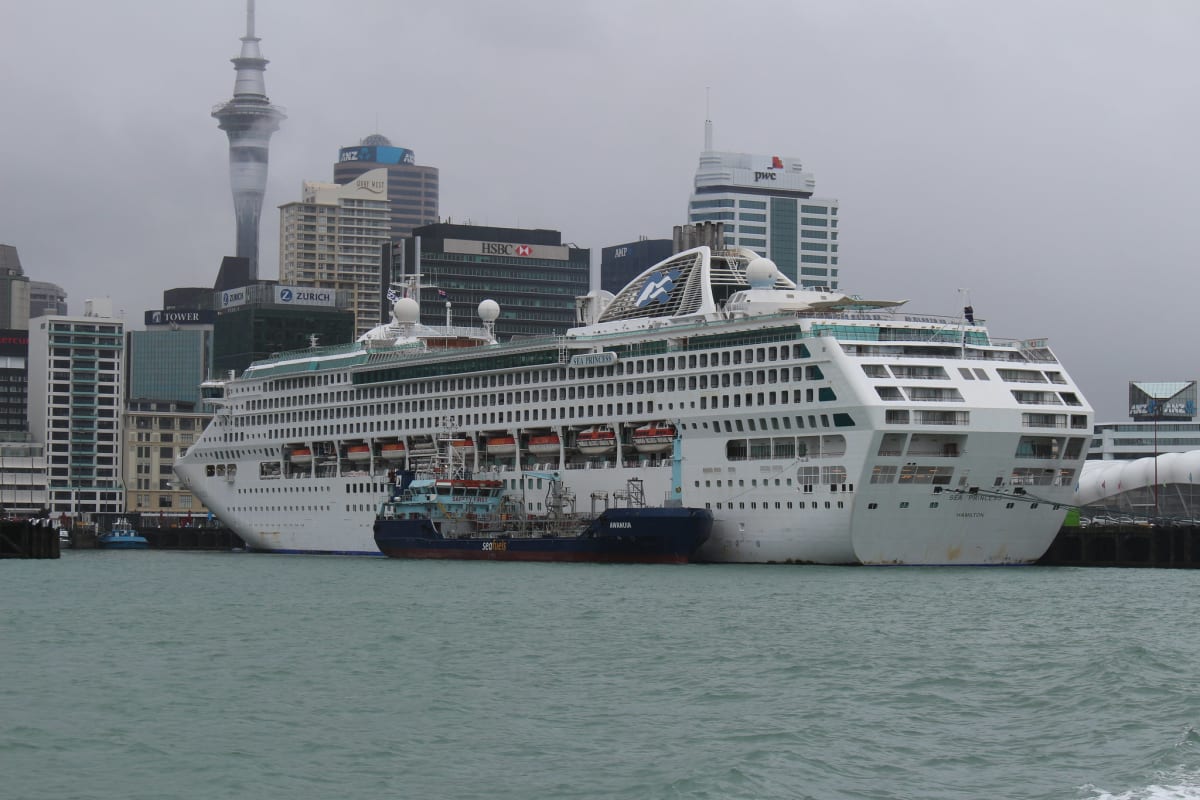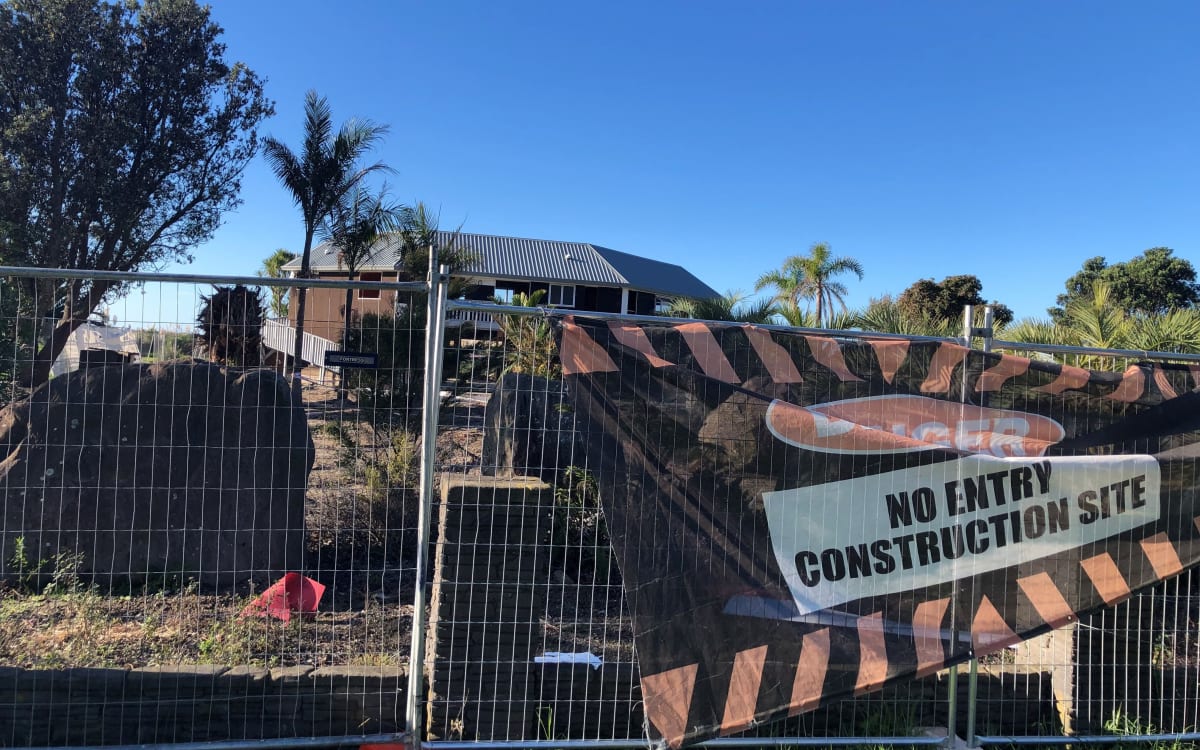
Every weekday, The Detail makes sense of the big news stories. This week on the podcast, we’ve covered the stench hanging over Bromley in Ōtautahi Christchurch, whether Aotearoa can reach its goal of 100 percent renewable electricity generation, and talked to the experts on the looming threat of monkeypox. Whakarongo mai to any episodes you may have missed.
The stench invading the homes of Bromley
Ever since a fire at the neighbouring wastewater treatment plant six months ago, Bromley has lived under a haze of permanent stench. It’s so overpowering that residents can’t open their windows or hang their clothes on the line or else they’ll let it in.
RNZ Christchurch reporter Jean Edward tells The Detail the smell is yet another source of stress and trauma for the community still reeling from the earthquakes and the Covid-19 pandemic.
"They've been through so much and this is making it even worse," she says.
With a four-month timeline until the smell is gone, residents have been fed up with inaction from the Christchurch City Council. People's household costs have gone up as a result of the stench, having bought fans, driers and air purifiers to get some peace from the stench inside their homes - and many are needing doctor's appointments. On Thursday, the Council announced a long-awaited $1 million support package for the community.
All aboard? The cruise ship comeback
Our borders will reopen to the world on July 31, replete with masks and hand sanitiser - but some experts are cautious about the return of cruise ships our ports.

Otago University Tourism Professor James Higham says we need to be reflecting on the value cruises bring to our economy in relation to the costs: namely, environmental pollution, wastage, and a limited amount of time and money spent at local businesses. In some cases, it was burning out our tourism-reliant communities.
"The [Tourism] Minister has said very clearly that the status quo cannot be the model for the direction of tourism in the future, because in the past it's been unsustainable and has lacked resilience," he says.
"Now that obviously raises the question of: what will the future of tourism look like?"
But House of Travel’s cruise expert Jeff Leckey points out that the industry has had 18 months to reflect and improve – and many ships will have changed for the better.
Can NZ hit its renewable energy goal?
We're on a highway to 100 percent of our electricity generation being from renewable sources. In 2021, 82 percent of all electricity generation came from renewable sources – a combination of hydro, geothermal, and wind.

Energy analyst and consultant Greg Sise tells The Detail about each method's strengths and weaknesses.
But that still leaves an 18 percent reliance on fossil fuels, which – despite being devastating for the environment – generate high amounts of electricity, on-demand, fast. So can we ever get rid of them entirely?
"That's technically feasible now, and has been for some time," says Sise.
“The issues are around the economics of the transition and the speed at which you can manage it.”
Matatā: The town that had to retreat
Large swathes of the Aotearoa coastline are predicted to succumb to sea level rise from climate change in the next 100 years, and local authorities are starting to train their attention on managed retreat.

So far, only one community has gone through the process of moving people out of harm’s way - Matatā, a town in the Bay of Plenty that was besieged by landslides after sudden torrential rains 17 years ago. The Detail’s Sharon Brettkelly visited Matatā to see what lessons can be learned.
The Whakatāne District Council’s management of the retreat attracted a lot of anger and resentment from residents, a feeling that still lingers. The council’s strategic projects manager, Jeff Farrell, admits things could have been done a lot better.
"There was no guidance on roles, responsibilities, processes or procedures on how to do it," he says.
Monkeypox: Do we need to be alarmed?
With Covid-19 still wreaking havoc on our communities, the thought of another virus to contend with is daunting.

Infectious disease expert Professor Kurt Krause tells The Detail that monkeypox is very unlikely to turn out like Covid.
“It may be that New Zealand ends up with a few cases, but for New Zealand to end up with a large outbreak, I’d be surprised, and it would be extraordinarily unlikely for it to be a population-wide outbreak. That would floor me completely,” he says.
Headlines have homed in on the fact that monkeypox has mainly been spread by men who have sex with men. Dr Massimo Giola, who is also a sexual health physician, wants to dispel the belief that the disease is confined to gay and bisexual men, and gives a variety of reasons why we might be observing infection chains in these groups.
“From a point of view, [men who have sex with men] are actually servicing the community by acting – involuntarily, of course – as the canary in the coalmine,” he says.
Find out how to listen and subscribe to The Detail here.
You can also stay up-to-date by liking us on Facebook or following us on Twitter.








